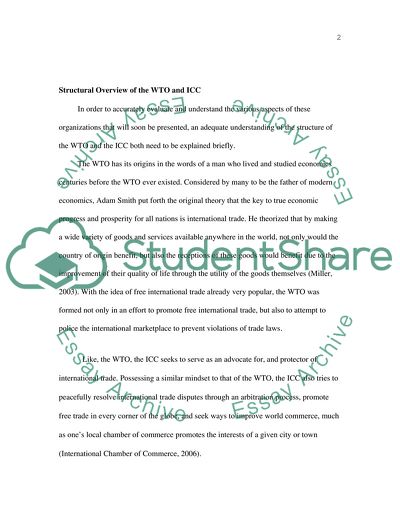Cite this document
(“International Trade: Law and Institutions Essay”, n.d.)
International Trade: Law and Institutions Essay. Retrieved from https://studentshare.org/law/1536906-module-name-international-trade-law-and-institutions
International Trade: Law and Institutions Essay. Retrieved from https://studentshare.org/law/1536906-module-name-international-trade-law-and-institutions
(International Trade: Law and Institutions Essay)
International Trade: Law and Institutions Essay. https://studentshare.org/law/1536906-module-name-international-trade-law-and-institutions.
International Trade: Law and Institutions Essay. https://studentshare.org/law/1536906-module-name-international-trade-law-and-institutions.
“International Trade: Law and Institutions Essay”, n.d. https://studentshare.org/law/1536906-module-name-international-trade-law-and-institutions.


